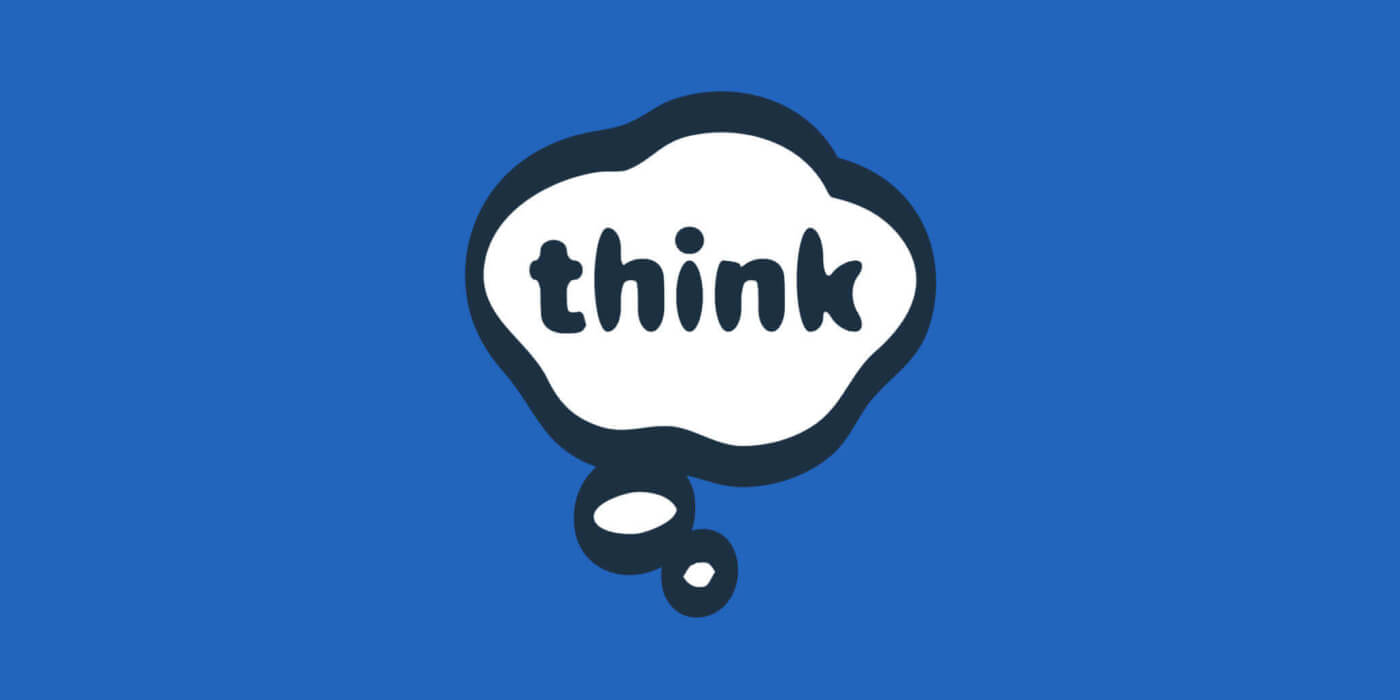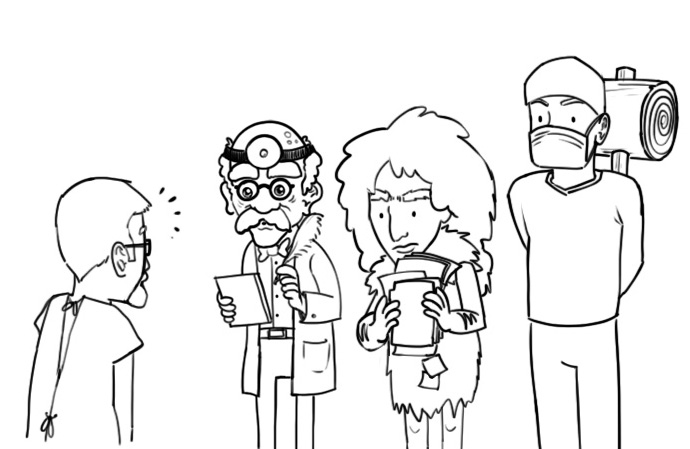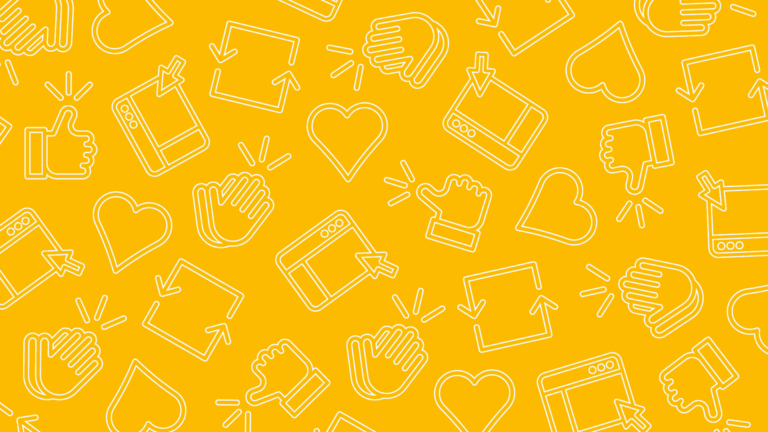Dear Dr. Luddite: EMRs and EHRs Are Tools, Not Just Conveniences

A little while ago, I was having a routine checkup with a specialist — we’ll call him Dr. Luddite (name changed to protect the clueless). At the end of the appointment, he pulled out a prescription pad to refill a medication. I looked down at the pad and back up at him. The look on my face must have caught his eye.
“Something wrong?” he said
Suddenly, I felt like a wounded civil war soldier staring down the wrong end of a amputation saw. “Nothing, I’m just surprised you don’t use an EMR.” (EMR is short for Electronic Medical Record system. EHR is short for Electronic Health Record. They’re all the rage.)
Dr. Luddite shrugged and launched into a mile-long list of excuses, none of which involved the quality of my care.
“My family doctor uses an EMR to send prescriptions directly to my pharmacy. No muss, no fuss.” Dr. Luddite wasn’t impressed. After all, that’s MY convenience, not his. Then he reminded me to hand my prescription to the receptionist before I leave so she can copy it and put it in my chart.
I think it’s safe to say that we all expect a higher standard of care than we received 200, 100, 50 or even 10 years ago. We live longer, healthier lives because medical technology has advanced at a tremendous pace. Medications, diagnostic tools, surgical processes and treatment regimens have all benefited from technological advances – yet many medical practices still rely, sometimes frighteningly, on paper to manage your information.
This means that when Dr. Luddite refers me to Dr. Cavewoman, he faxes all of my illegible records to her. When she decides I need a procedure, she packs up all of the paper and ships it off to the hospital where Dr. Nighty-Night (the anesthesiologist) flips through the sheets to decide how to knock me out. Somewhere along the line in this game of telephone, someone may not get a complete picture of my condition, my allergy to a medication, or some other important element of my medical history. That’s dangerous and unnecessary.
EMRs and EHRs reduce the possibility of things getting lost, missed or ignored. It’s not a magic bullet, but no medical advancement is. It is a vast improvement over the current situation. Naysayers are concerned about all the right things: privacy, cost, time, backups, etc., but that should be the beginning of the conversation, not the end. Yes, it’s hard to change the way you’ve worked for thirty years, but to be blunt, it’s time to hang up the excuses and get on board. No patient who ends up on the wrong end of a miscommunication that could have been prevented by readily-available tools is likely to sympathize with you. And oh, BTW, we are all patients.
Not too long ago, I led a research session with physicians where 14 of the 15 doctors in the room were crying about implementing an EMR system. None of them had started implementing them. Suddenly, the 15th doc stood up and said, “No one is saying it’s going to be easy. It takes time, you’ll hit snags, but six months after the system is in place, when you’re going home on time because you don’t have to fill out charts all night and EVERYTHING you know about the patient is at your fingertips, you’ll be very happy and they’ll be better off for it.”
How would you react to your dentist if she came at you with a set of rusty pliers? What would you say to your banker if you went in to check your balance and they pulled out an abacus? It’s time to treat our Doctors the same way. I told Dr. Luddite I was concerned and I think he appreciated my feedback. When I go back six months from now, I’ll ask again. If he’s not using or considering an EMR system by then, I’ll let him know I’ll need my records faxed to a specialist who has one.




